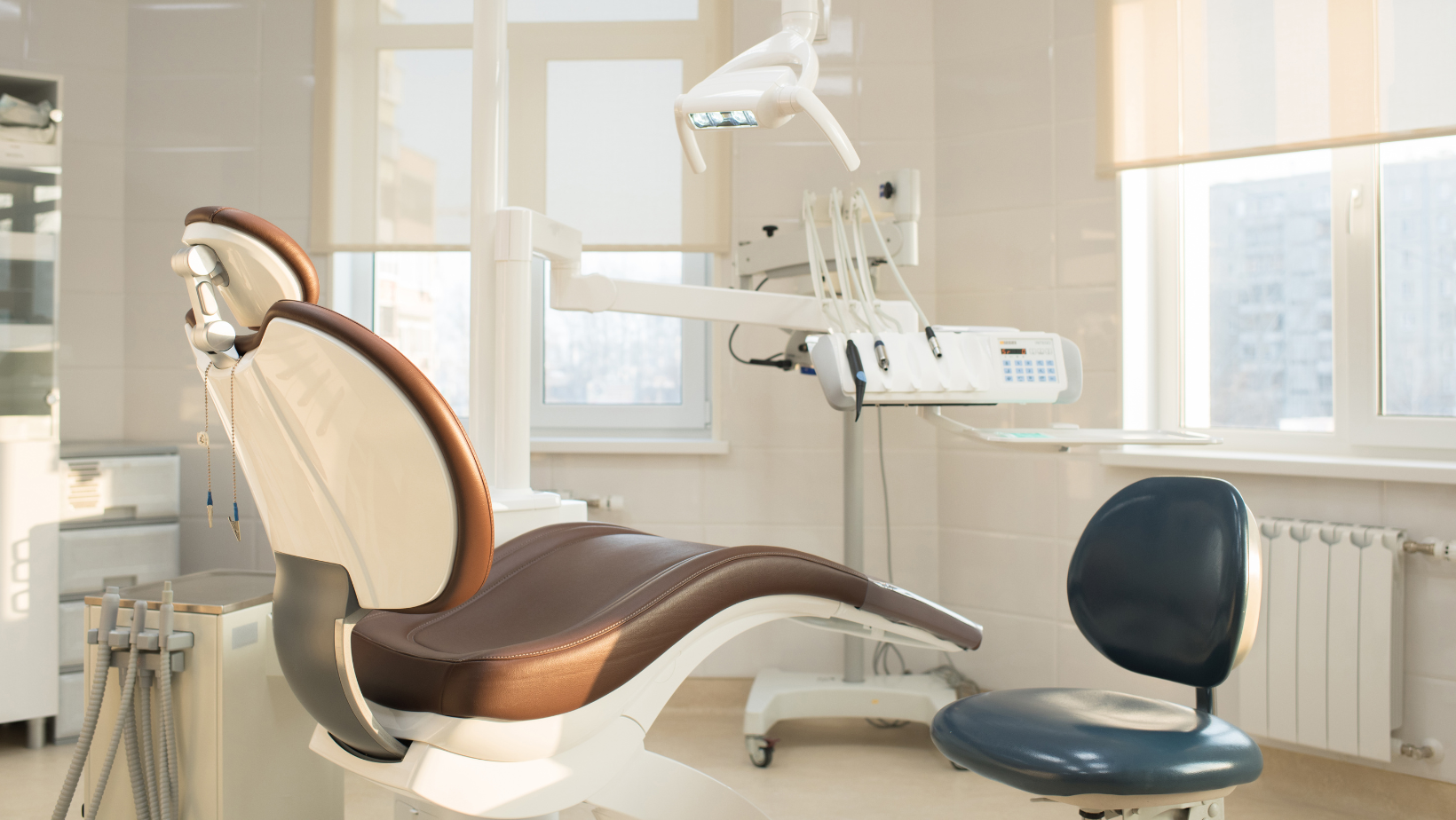Should You Buy a Dental Practice? What You Need to Know

One of the most significant financial decisions a dentist can make is to join an existing practice, start their own, or purchase an established one.
Buying a dental practice has many benefits, but it can be overwhelming. It can also be rewarding! Before deciding, consider the pros and cons. Most importantly, do your due diligence. Read on to learn about the advantages and disadvantages, what you should know, and what steps to take.
 Cons of buying a dental practice
Cons of buying a dental practice
1. Adapting to an existing culture
Dental practices have established cultures. That includes everything from policies and procedures to communication styles, the types of patients it attracts, and how employees are recognized and rewarded. If you purchase an existing practice, you won’t be able to build one that reflects your values. You’ll need to adapt to the existing culture or put time, energy, and resources into long term change management to create a culture that reflects your core values.
2. Outdated regulatory compliance
OSHA, ADA, and other regulations change rapidly. If an existing practice isn’t current, you’ll need to correct any issues to be compliant. You may also need to replace or update old equipment and need to account for that in the valuation of the practice.
3. Existing Reputation
An established practice likely has an entrenched reputation in the community. If that reputation is less than excellent, it will be difficult to change minds. You’re not just buying equipment and location. The employee experiences, reviews, and patient word of mouth about the practice are all attached to the practice whether you can see them or not and they contribute to the current and future value of the practice —good or bad.
Related: Establish A Thriving Dental Practice Using The Seven Pillars Of Dental Practice Management
 Pros of buying a dental practice
Pros of buying a dental practice
1. Save time hiring staff
Finding staff for a dental office takes time and effort. You must advertise and post open positions, sift through dozens of resumes, interview potential team members, and set up new employee payroll. An existing practice has a built-in staff that knows the ropes and can assist with a smooth transition—making it easier for both you and your patients.
2. Existing Patients
Purchasing a dental practice gives you a built-in patient base for instant cash flow and financial security. You can count on a level of consistent revenue, even with some attrition, you’re not starting out at ground zero.
3. Existing Reputation
Yes, this can be a pro, too! You will benefit if the selling dentist already has an excellent reputation in the community. This includes retaining current patients and attracting new ones.
Related: Before You Sign: Questions To Ask Your Future Dental Employer
 Questions to ask yourself before you decide to Purchase a practice
Questions to ask yourself before you decide to Purchase a practice
If you’ve weighed the pros and cons and decided purchasing an existing practice is right for you, now you must ask the right questions. Gather as much data as possible and pay attention to the answers before deciding.
1. Is this location optimal?
As they say, location, location, location. Ensure the practice is in a convenient spot for your target patients and an easy commute for you and the staff. Examine ease of entry, exit, and available parking. Restrictive sign ordinances are bad for visibility. Conversely, a location in a building with complementary businesses, such as an orthodontist, can boost practice awareness and referrals.
2. Is the price fair?
Ask the selling dentist how they set the price before you make an offer. And don’t just take their word for it. Ask for a valuation performed by a certified valuation analyst and a dental accountant. The valuation should include the following:
- Analysis of recent tax returns (five years is ideal)
- Review of accounts receivables
- Growth expectations
- Patient base
- New patient projections
- Analysis of equipment condition
- Employment and insurance agreements
- Leases
3. Will the selling dentist Help with a smooth transition?
Most sellers want to cement their legacy by ensuring the practice’s continued success. Discuss your transition expectations. During this period, the selling dentist can introduce you to as many current patients as possible and help the team adjust to your working style. A transition period should include an introduction to the systems and protocols, such as software and accounting. A smooth transition improves staff and patient retention.
4. What dental work does the practice perform, and how much does it refer?
Review the seller’s records to see which procedures they offer and how many they perform yearly. If the practice offers only cleanings and fillings and you want to provide reconstructive work, consider the time and investment costs to hire or retrain staff, purchase additional equipment, and market the additional services.
5. How is the fee schedule determined?
Dentists should update fees annually to keep up with inflation and supply, equipment, and labor costs. This avoids large price jumps that surprise patients. The patient base will trust changes made by their long-term dentist before the purchase.
A patient base takes years to build. The active patient count is an asset because it provides instant cash flow. You can review the practice management software to determine how many patients have visited at least once within a time frame, such as 12 to 18 months. Here are some other methods to estimate the number of active patients:
6. How many active patients does the practice have?
- Review 10 percent of the charts and then multiply them by 10
- Figure out how many available hygiene appointments there are per week and multiply that by the number of patients seen per day, times 25 weeks for a six-month cycle
- Multiply the number of recall exams for the last 12-month period by 50%.
 How A Dental CPA Can Help With A Dental Practice purchase
How A Dental CPA Can Help With A Dental Practice purchase
An experienced dental accountant can help you by:
- Telling you which documents to request and review
- Assisting with a valuation and the purchase process
- Determining the size of the current patient base
- Helping to negotiate the price
- Providing financial projections for after the transition
- Giving you tax strategy advice
After the transition, a dental accountant can:
- Create customized accounting and payroll systems
- Provide ongoing financial analysis
- Help you create a business plan
Are You Considering Buying A Dental Practice? We Can Help You During and AFter The Sale!
The Chaliff + Associates team is highly skilled in dental practice accounting. We understand that purchasing a dental practice is a huge undertaking and can help you navigate the sale and transition.
We have extensive experience working with dental practices and can provide trusted, sound advice. And after the purchase, we can help you achieve your practice goals, minimize your tax burden, and handle your bookkeeping so it doesn’t get in the way of taking care of your patients. Ready to learn more? Request a consultation today!





